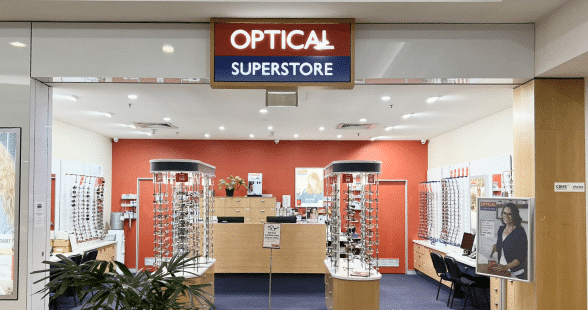

a quick guide to Prescription Contact Lenses
Contact lenses may be an ideal alternative to your prescription glasses full-time, or useful for activity-specific scenarios, such as sport.
However, there are a few things to consider:
AN EYE EXAMINATION FOR CONTACT LENSES
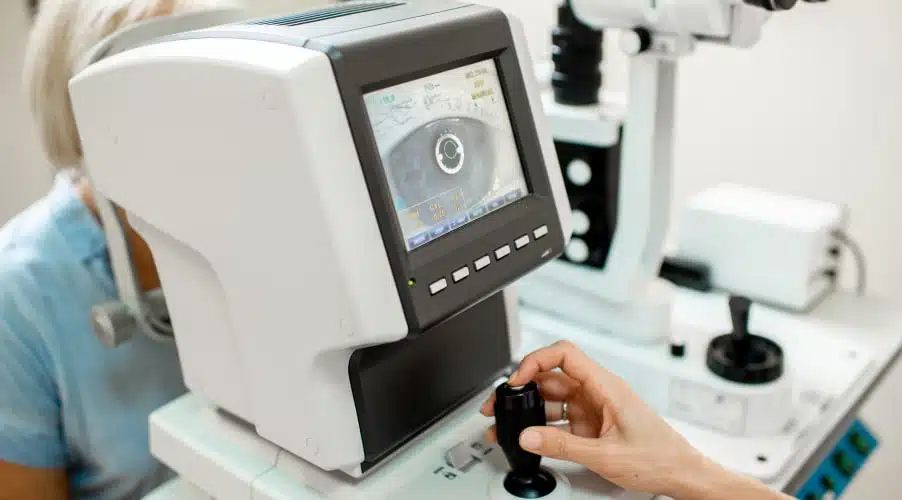
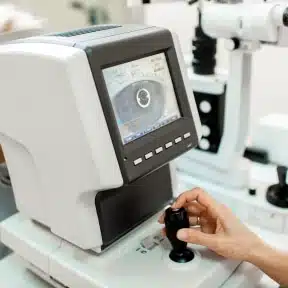
Before getting contact lenses, it’s essential to undergo a comprehensive eye examination by an optometrist to assess your eye health and determine if you’re a suitable candidate for contacts. Your optometrist will take measurements of your eyes and evaluate factors such as corneal curvature, tear film, and eyelid anatomy to ensure the correct fit.
YOUR PRESCRIPTION NEEDS

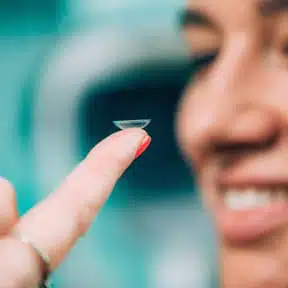
Various types of contact lenses offer all kinds of vision correction. Designs include soft/disposable, rigid gas permeable, and specialty lenses for specific vision correction needs such as toric contacts for astigmatism.
Your prescription contact lenses may be available across a range of modalities. This refers to the variations in how long contact lenses last.
These modalities include:
ONE DAY/DAILY DISPOSABLE LENSES
Worn once and discarded, these are perfect for special events, sports matches, or work days.
FORTNIGHTLY/MONTHLY LENSES
Use the same pair for a longer duration. These lenses are ideal for taking regular breaks from glasses.
RIGID LENSES
These are suited to people who need to step away from prescription glasses for reasons such as dealing with high astigmatism correction. Rigid contact lens designs may be something your optometrist discusses regarding your corneas, prescription, or other eye/health factors.
Your optometrist will guide you through this process, providing trial contact lenses and a ‘Fit & Teach’ lesson, ensuring you master the necessary contact lens insertion and removal skills.
LIFESTYLE AND CONTACT LENS CARE ESSENTIALS
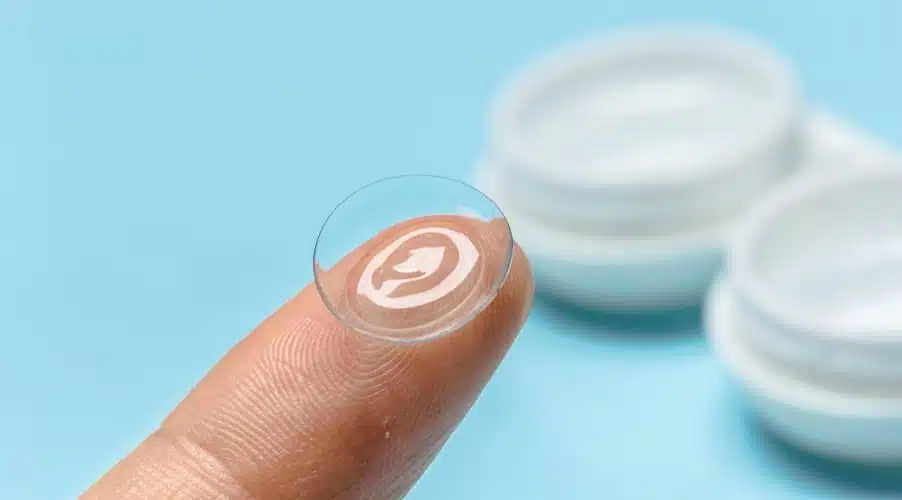
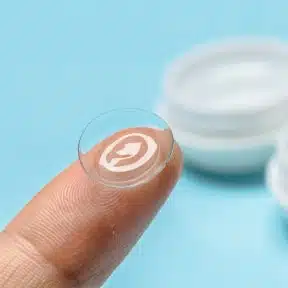
Proper lens care and hygiene are essential to prevent eye infections and maintain healthy eyes. This process includes cleaning and disinfecting your lenses, avoiding over-wearing, not sleeping or swimming with your lenses, and replacing them according to your optometrist’s instructions.
Consider your lifestyle and activities when choosing contact lenses. There are options for daily wear, extended wear, astigmatism, presbyopia, and even coloured lenses for fashion use.
ROUTINE AFTERCARE
As a contact lens wearer, you may need a yearly review to monitor your eye health and ensure your contact lenses’ continued comfort, hygiene, and effectiveness. A yearly check prior to ordering your next supply of contact lenses will provide peace of mind and ensure vision clarity.
Contact lenses provide freedom from glasses for many people, unlocking lifestyle options for non-prescription sunglasses, and frame-free aesthetics. Still, it’s essential to discuss your options with an optometrist to determine if they’re the right choice based on your needs and circumstances.
If prescription contact lenses interest you, get in touch today.
FIND A STORE NEAR YOU
Schedule an appointment with an optometrist. Most eye tests are bulk billed to Medicare.
